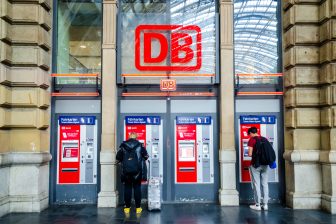
European Year of Rail failed to gain traction, new report says
The welcoming party for the night train from Zurich
The European Year of Rail 2021 has had little immediate impact on the general public, a new report by Dutch advisory firm Berenschot published in February says. It did, however, raise the profile of rail travel among politicians and other policymakers.
Want to read more?
You have read all of your free premium articles for this month. Please become a subscriber to keep reading.
Subscribe now!
Take advantage of our exclusive offer to get full access to all premium content.





I don’t think it is the borders that are blocking but simply the national culture of each historical railway company. The mission that governments give to their railways is to look after national mobility, paid for by national taxes. This is the crux of the problem. Other issue is the use of national APIs in digital ticketing, and the pride of the public operators in having created “their” IT design. Obviously incompatible with others. The dutch OV-chipkaart does not work in Berlin or Paris.
A tragic example of non-functioning cross-border traffic is the hourly service Hengelo(NL) – Bad Bentheim – Bielefeld. Since it started 4 or 5 years ago Keolis has shown no interest in the Dutch part. When a train is delayed it is limited to the German section and returns to Bielefeld. If there are not enough trains or drivers,the trains only run in Germany. After being disappointed for 5 times in 1 year I avoid this route to cross the border. Other services to Germany don’t have these problems.